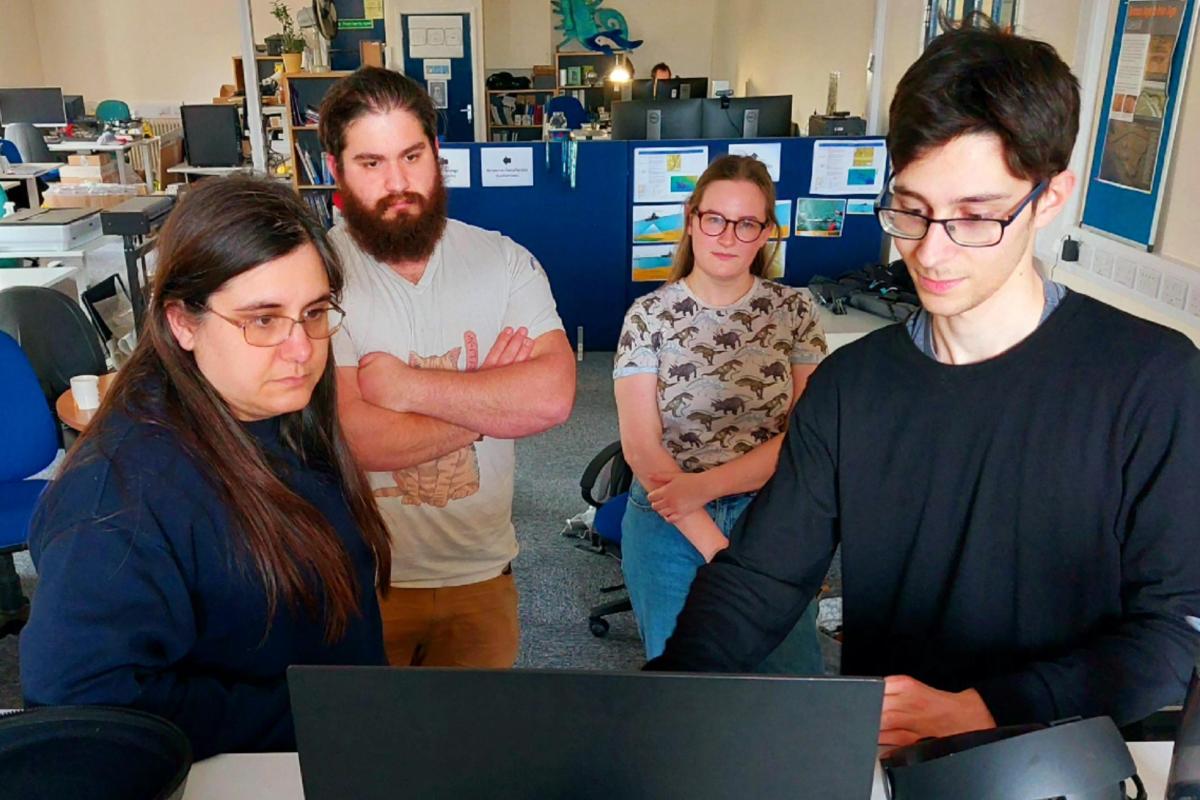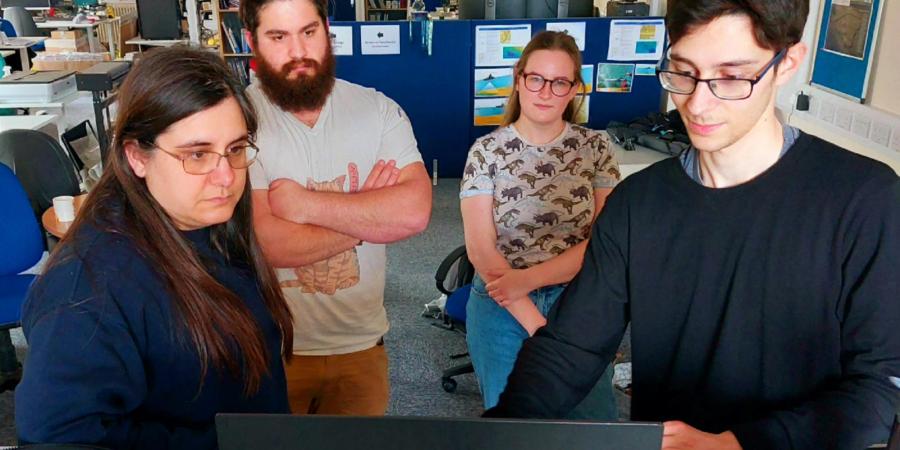This year marks the launch of a new Wessex Archaeology initiative to collaborate with Fieldwork Archaeologists in Community Engagement training. This exciting initiative stems from a desire to increase company resilience and capacity by developing staff to support Community Engagement activity. Increasing client demand for social value delivery through Community Engagement means this project comes at just the right time. Fieldwork staff have demonstrated a keen appetite for the new training programme and have contributed so much to the opening weeks of the programme, providing us with insights and fresh ideas for how we engage audiences and expand the stories archaeology has to tell.
Completion of the full training course will be achieved through a competency-based training programme with a series of modules building up to accreditation in the delivery of Community Engagement.
Two key modules are currently conducted by Learning and Community Manager, Sam Fieldhouse, who will take staff through a Safeguarding awareness session and provide an insight into how our Community Engagement expertise puts our pedagogical philosophies into action with an Engagement Theory & Best Practice session.

Eva Jaume, Michael Eldridge and Laura Slow are trained in VR headset use for future events by 3D Environment Artist, Jono Sutton
Beyond this, Fieldwork Archaeologists have also been experiencing and giving feedback on some of the newer elements of Community Engagement work at Wessex Archaeology – such as our Virtual Reality landscapes. 3D Environment Artist, Jono Sutton, has been talking Fieldwork staff through his area of expertise. VR training gives staff an insight into how Wessex Archaeology first started exploring Virtual Reality back in 2016 before staff try out one of our three main VR experiences – a Late Bronze Age Roundhouse, Anglo-Saxon Long House or a Romano-British Villa. Fieldwork Archaeologists will also learn how to set up the guardian (a boundary for the VR landscape which prevents you crashing into real-world objects) in preparation for VR use by members of the public as well as how to guide visitors once they’re inside the headset. Further modules cover the use of archaeological resources in STEM-focused engagement as well as best practice in working with adults and young people who need additional support.

i) Learning how to set up the VR headset for use by members of the public
We are thrilled with progress so far with Fieldwork Archaeologists playing a vital role in contributing to and shaping the programme’s development. The future strength of the programme will depend on continued successful collaboration to understand how our Fieldwork Archaeologist’s strengths and skills can best support delivery of archaeological stories to our communities. Over the course of the year this programme will be extended across all Wessex Archaeology regional offices as we expand the course.


